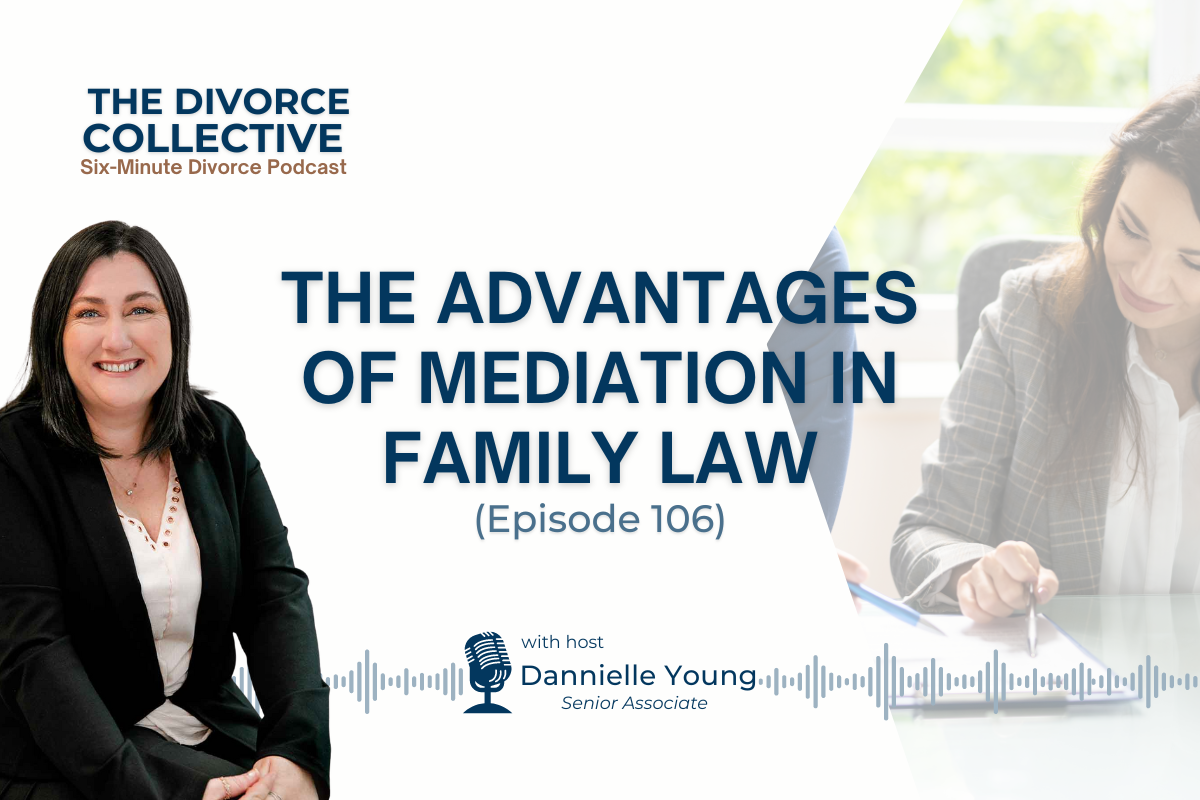In this latest episode of the Divorce Collective Podcast, our host, Dannielle Young, Senior Associate at Collective Family Law Group, will take you through a topic of growing importance in today’s digital era: Safeguarding your digital wealth during divorce.
In today’s digital era, our lives are deeply intertwined with online platforms, cryptocurrencies, and various digital assets. While these assets offer convenience, they pose unique challenges during divorce proceedings. Understanding how to protect and divide digital assets effectively is crucial as couples navigate the complexities of separation.
Digital assets encompass a broad range of properties, from social media accounts to cryptocurrency holdings, online bank accounts, digital photos, and intellectual property. Unlike tangible assets, such as real estate or vehicles, digital assets are intangible and often stored online, making them more complex to identify and value in divorce cases.
Social media accounts are frequently subject to division in divorce, as platforms like Facebook, Instagram, and Twitter contain significant personal and financial information. Posts and messages may be scrutinised for evidence relevant to the divorce settlement, impacting its outcome.
Cryptocurrencies like Bitcoin, Ethereum, and Litecoin have emerged as alternative investment and payment options. However, their decentralised nature makes them appealing for concealing assets during divorce. Courts increasingly recognise cryptocurrencies as marital property, requiring disclosure and accurate valuation during divorce proceedings.
To safeguard digital wealth during divorce, consider these essential steps:
- Full Disclosure: Both parties must disclose all assets, including digital assets, and cryptocurrency holdings, to ensure transparency and fairness in the process.
- Valuation: Consult experts specialising in digital forensics and cryptocurrency valuation to accurately assess the value of digital assets.
- Legal Representation: Seek guidance from experienced family law attorneys to advocate for your rights and negotiate fair settlements.
- Asset Protection: Take proactive measures to secure digital assets by updating security settings (including passwords!) and limiting access to sensitive information.
- Documentation: Keep detailed records of digital assets, transactions, and communications relevant to the divorce case to support your claims.
- Tax Considerations: Be aware of tax implications associated with dividing digital assets, especially cryptocurrencies, and consult tax professionals for guidance.
- Estate Planning: Update estate plans to reflect changes resulting from divorce and ensure proper distribution of digital assets.
Divorce involving digital assets can be complex, but proactive measures can protect your financial interests. Consulting legal and financial professionals specialising in the digital asset division can provide invaluable support throughout the process, ensuring equitable outcomes and protecting your rights.
Our team of experienced divorce lawyers in Gold Coast is here to help. Book an appointment with us today and take the first step towards securing your digital assets.
Stay Informed, Stay Protected. Thank you for joining us on this journey to better understand the legal measures available to protect your assets. Tune in to listen to the full podcast for a deeper understanding of safeguarding your digital wealth.





